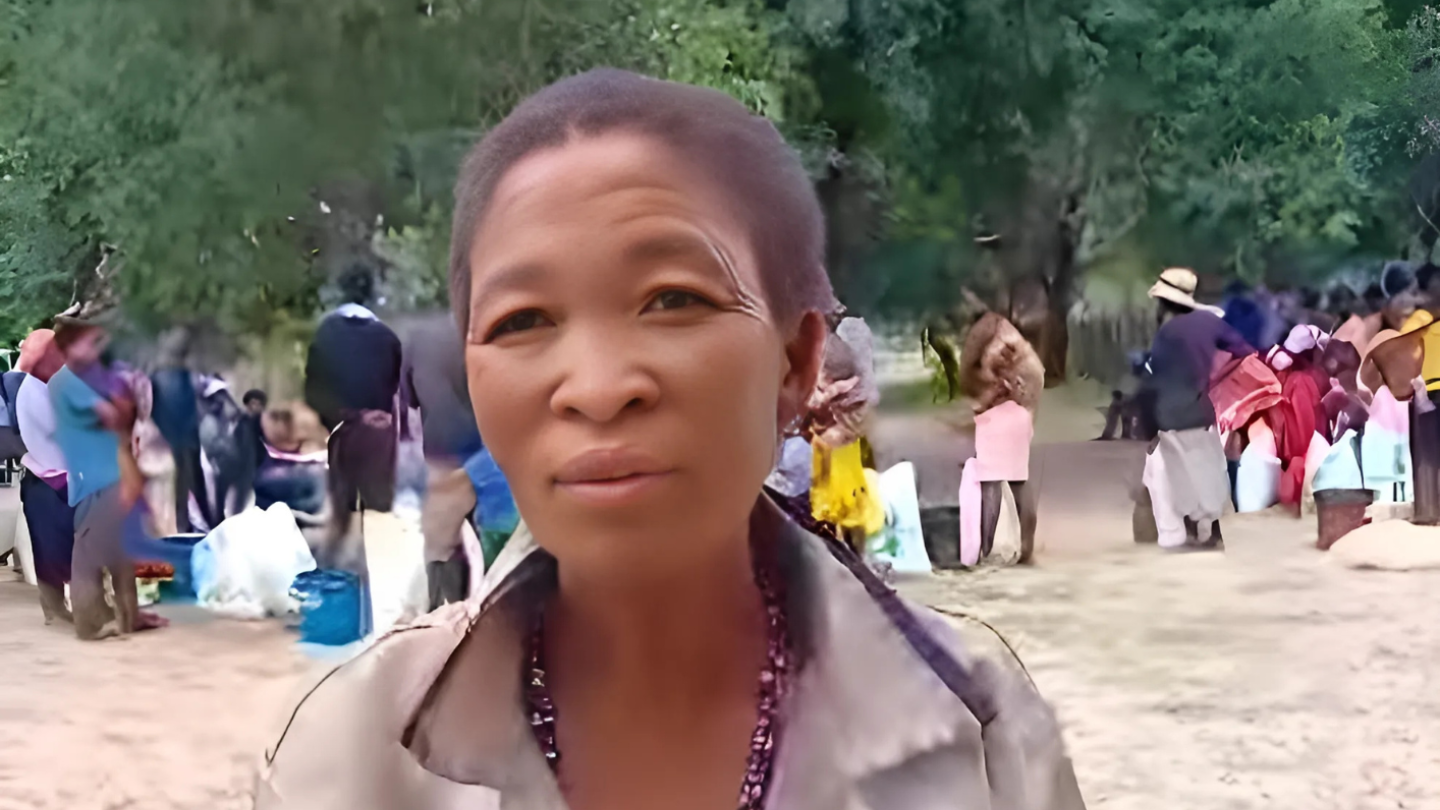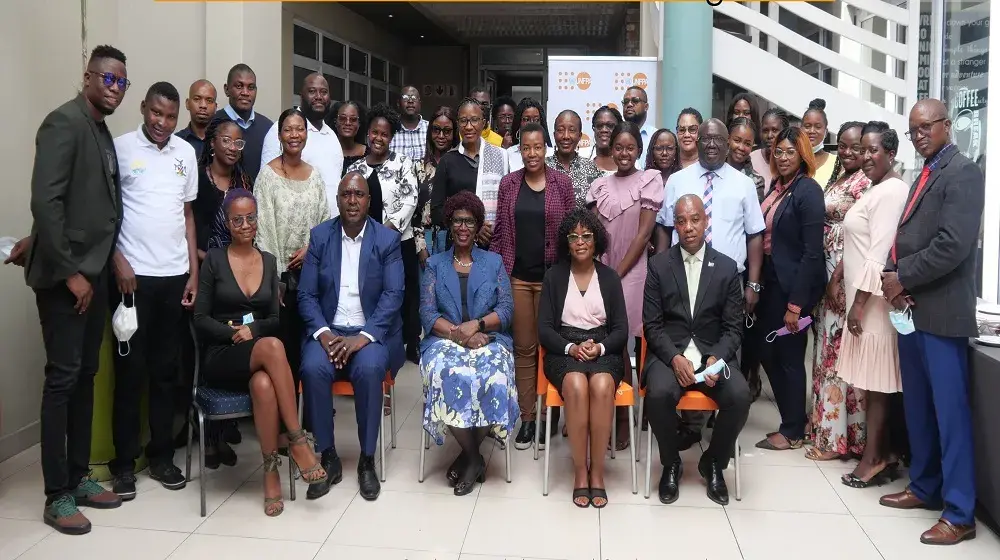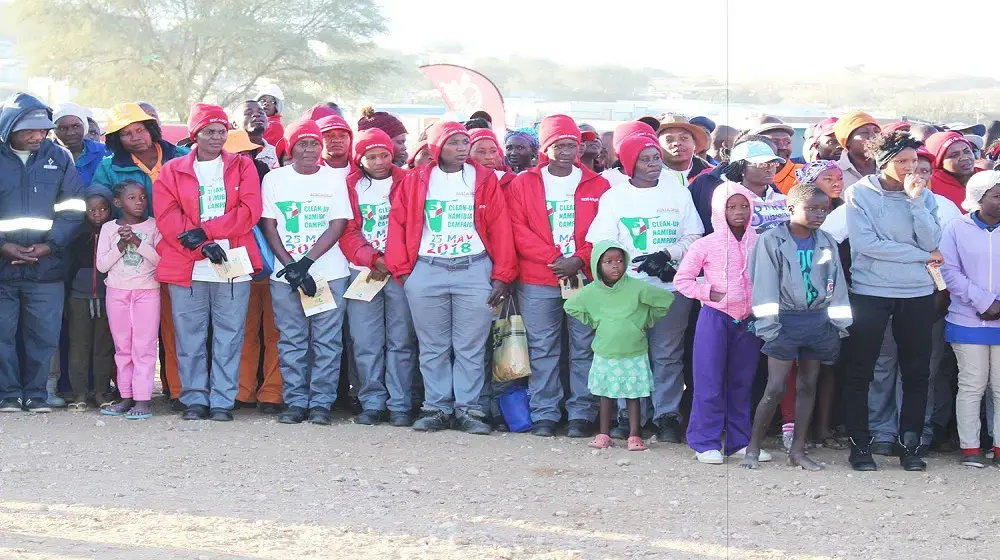MBORA, Namibia - Dau Dau Siku lives with her husband in Mbora Village, Kavango West. Like many in her San community, one of the most marginalized groups in Namibia, she has felt the harsh impact of the prolonged drought. Their traditional way of life, hunting, has become much harder, and food has become scarce. Times have been tough.
I am very happy for the donation.
Recently, Dau Dau received a food parcel through a UNFPA project, funded by CERF. The parcel contained basics like maize, sugar, mince meat, cooking oil, fish, and beans. "I am very happy for the donation," Dau Dau said. For her, this assistance has been a real help. It has eased some of the worry about feeding her family during this difficult time. She's grateful for the support, which makes a real difference in their day-to-day lives. Knowing that others are thinking of them during this drought has brought some relief.
This UNFPA project, funded by CERF, is providing more than just food. It also supports communities with gender-sensitive life skills training, strengthening GBV shelters and protection units, delivering mental health and psychosocial support, updating and sharing of referral pathways for GBV and sexual exploitation and abuse (SEA), distributing dignity kits, and providing mobile integrated sexual and reproductive health (SRH) and GBV services.
Namibia is experiencing a severe drought crisis, worsened by El Niño, which disproportionately affects women and girls. Economic challenges and rising unemployment have deepened food insecurity, increasing risks of malnutrition, disease, and gender-based violence (GBV). In response, UNFPA is implementing a CERF-funded project, "Lifesaving Protection Support for Women, Men, Boys, and Girls in Drought-Affected Communities," targeting nearly 20,000 people in the Kavango East, Kavango West, and Omaheke regions. The project, running from October 2024 to March 2025, provides this vital support.
To date, the project has reached 14,306 direct beneficiaries, including GBV survivors, individuals at risk, people with disabilities, pregnant women, lactating mothers, adolescent girls, and vulnerable men and boys.





